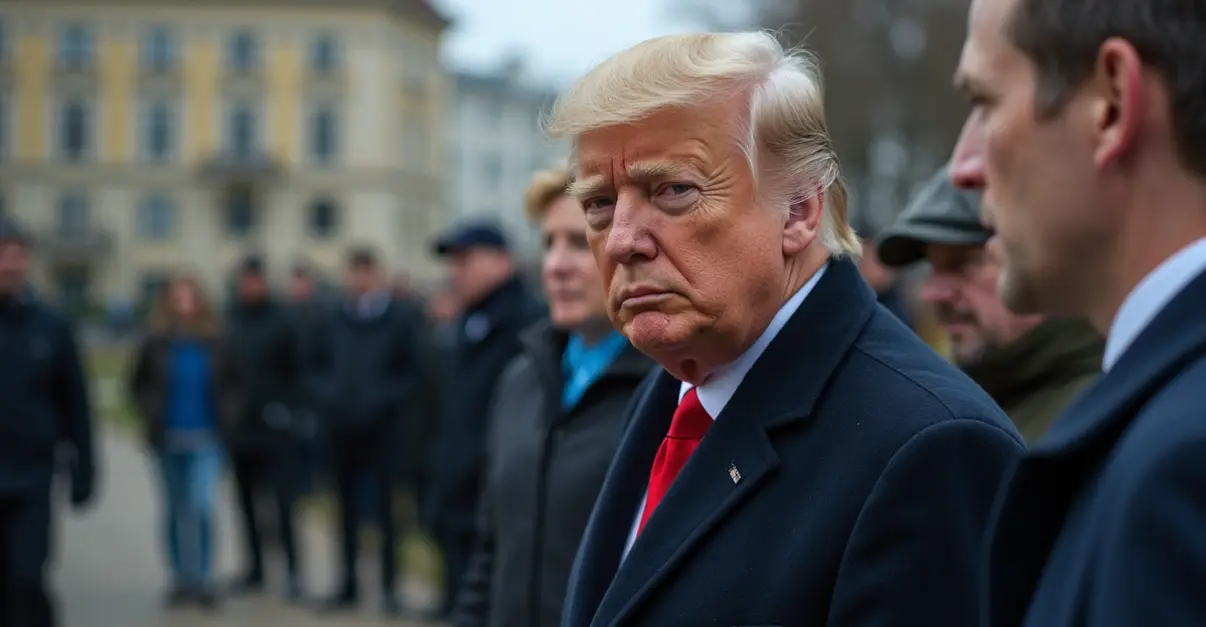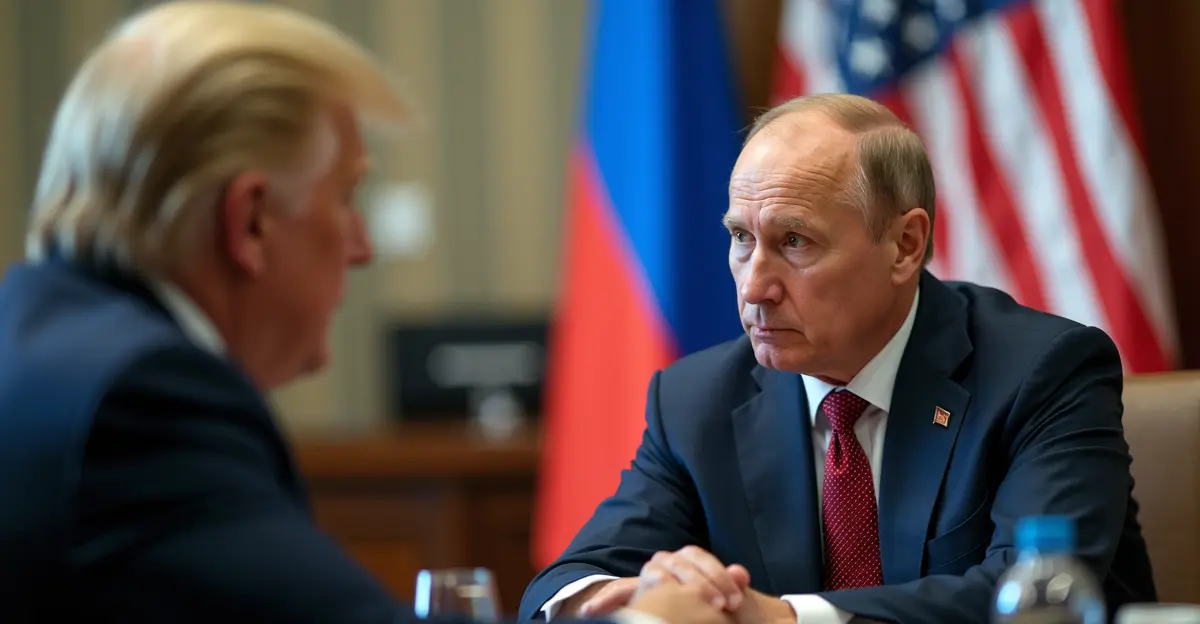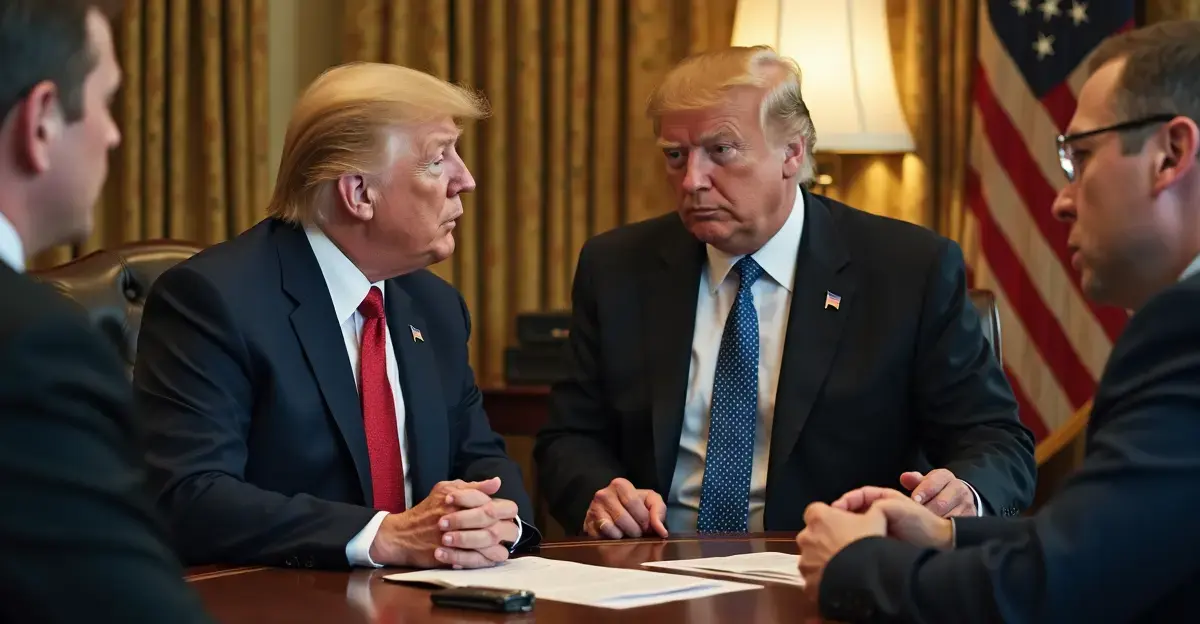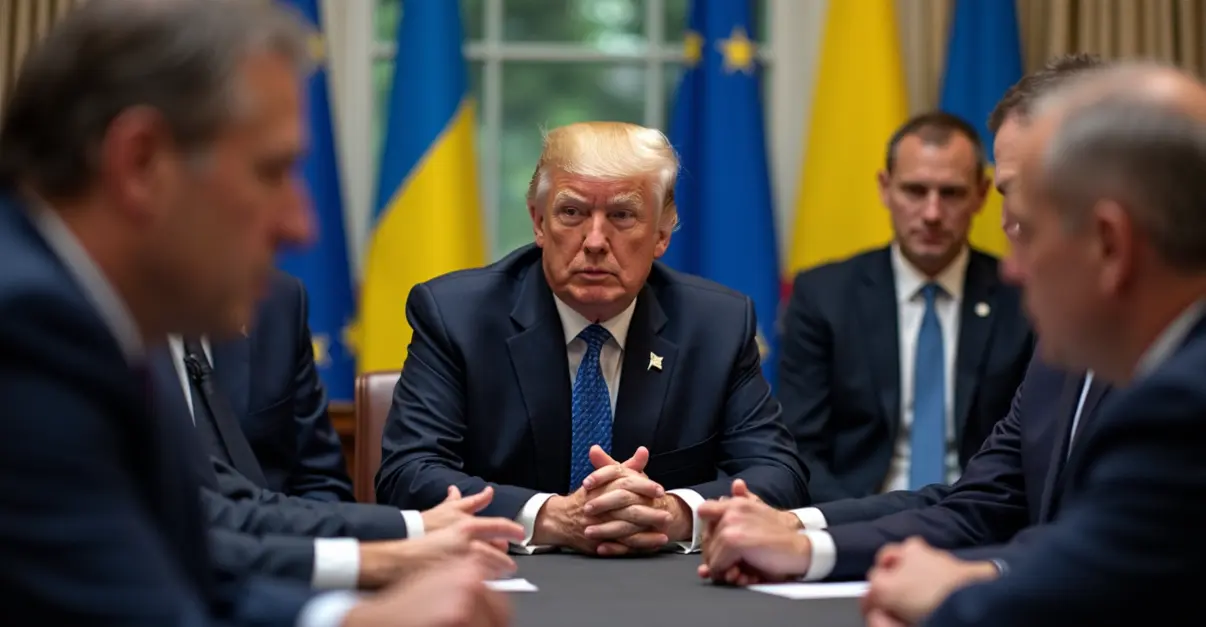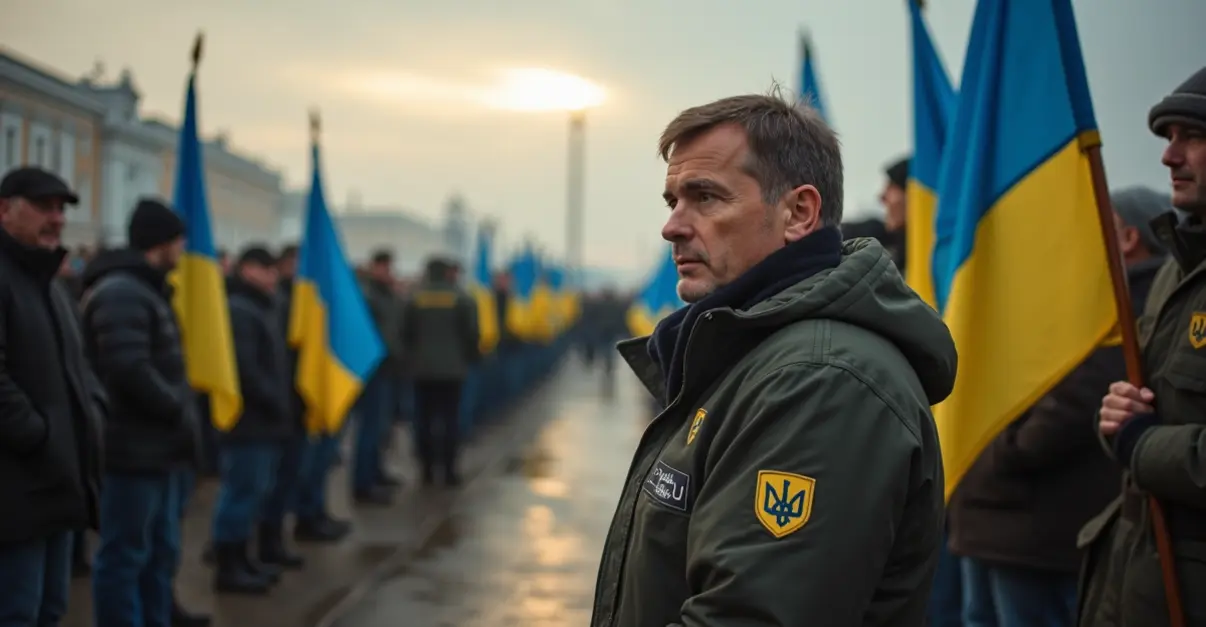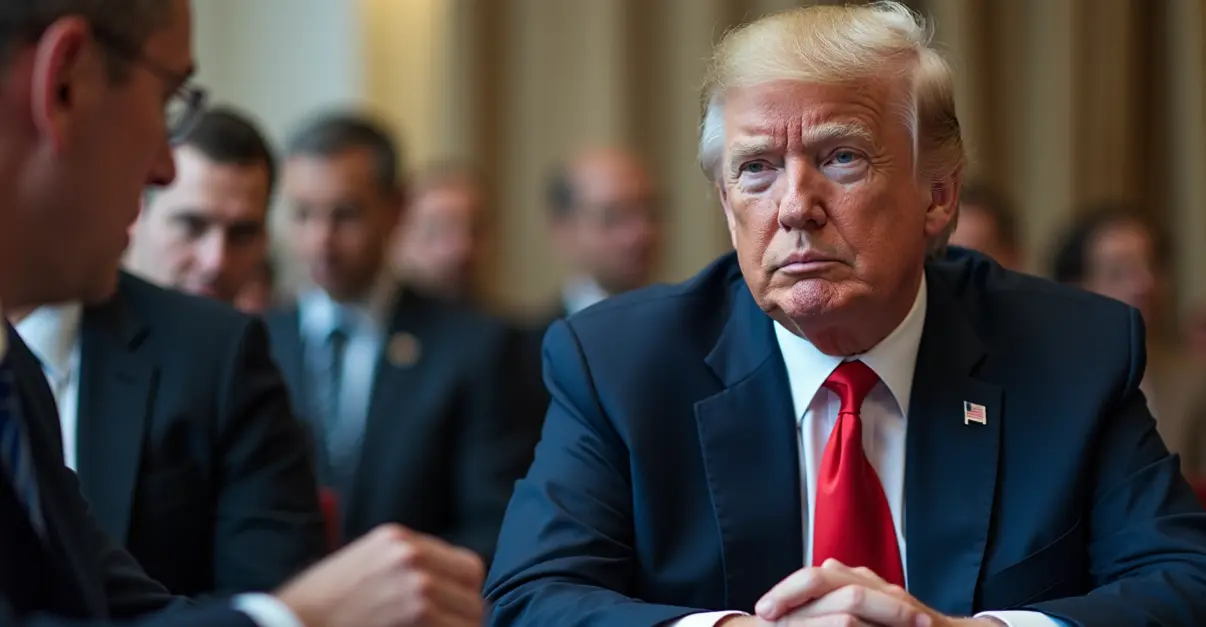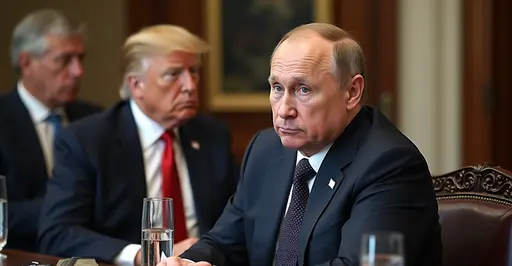European Unity on Ukraine Ceasefire, Division on Territory
European leaders have aligned with President Trump's call for an immediate ceasefire in Ukraine but firmly rejected his suggestion that Ukraine should cede control of the Donbas region to Russia. In a significant diplomatic development, leaders from the United Kingdom, France, Germany, and the European Union issued a joint statement supporting Trump's position that the current frontlines should serve as the starting point for negotiations, while maintaining their commitment to Ukraine's territorial integrity.
Trump's Controversial Proposal
President Trump made headlines yesterday when he demanded an immediate end to the fighting in Ukraine, stating that 'Let it remain divided as it is now, about 78 percent is already occupied by Russia. Let's keep it that way, and then they can negotiate about it later'. He added, 'Let's keep the front line as it is, go home, stop fighting and killing people'. This position represents a significant departure from Ukraine's longstanding position that any territorial concessions are unacceptable.
European Response and Conditions
The European leaders' statement carefully navigates between supporting Trump's ceasefire initiative while maintaining principles of international law. 'We continue to maintain the position that national borders cannot be changed by violence', the statement reads, directly addressing concerns about legitimizing Russian territorial gains. The leaders emphasized that only Ukraine has demonstrated a genuine desire for peace, while 'we can all see that Putin continues to choose violence and destruction'.
Zelensky's Stance and Concerns
Ukrainian President Volodymyr Zelensky has consistently rejected any territorial concessions, fearing that once Ukraine agrees to such terms, Vladimir Putin would never return the conquered territory. Zelensky has instead pushed for the complete withdrawal of Russian troops from Ukrainian soil. The Ukrainian leader's position reflects the broader national sentiment that accepting territorial losses would set a dangerous precedent and undermine Ukraine's sovereignty.
Economic Pressure Strategy
The European leaders outlined a comprehensive strategy to increase pressure on Russia's economy and war industry 'until Putin is willing to make peace'. This includes plans to utilize frozen Russian assets in Western countries to support Ukraine's economy and military industry. The statement specifically references upcoming discussions in Brussels this Thursday, where European Union leaders will address the utilization of Russian assets for Ukrainian support.
Upcoming Diplomatic Meetings
The diplomatic momentum continues with a summit in London on Friday, bringing together countries supporting Ukraine, including the United Kingdom and Canada. These meetings come at a critical juncture as international efforts intensify to find a resolution to the conflict that has claimed thousands of lives and displaced millions since Russia's full-scale invasion in February 2022.
Historical Context of Donbas Conflict
The Donbas region has been a focal point of conflict since 2014, when Russian-backed separatists seized control of significant portions of Donetsk and Luhansk oblasts. The ongoing war has resulted in approximately 14,000 casualties, including 6,500 Russian and proxy forces, 4,400 Ukrainian forces, and 3,400 civilians. The region's pre-war population of 6.1 million has been dramatically affected, with 2 million people fleeing as refugees.
International Law Implications
The European position reflects fundamental principles of international law, particularly the prohibition against acquiring territory by force. By rejecting Trump's suggestion of accepting the current territorial situation, European leaders are upholding the UN Charter principles that have guided international relations since World War II. This stance also aligns with the European Union's consistent support for Ukraine's sovereignty and territorial integrity.

 Nederlands
Nederlands
 English
English
 Deutsch
Deutsch
 Français
Français
 Español
Español
 Português
Português
